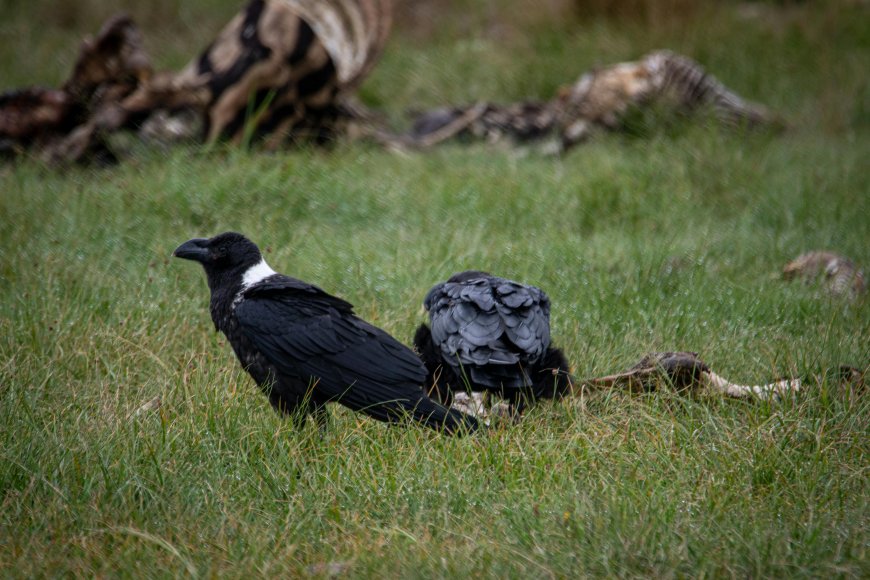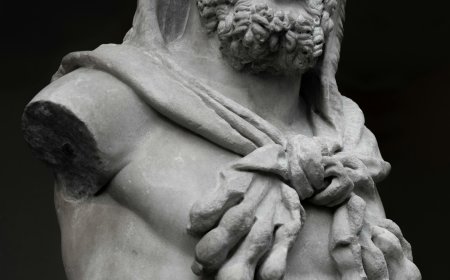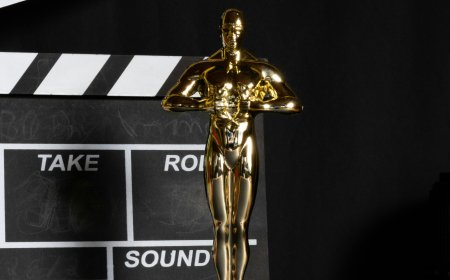Women Who Changed History: Trailblazers Who Redefined the World
From Joan of Arc to Rosa Parks, meet the women who changed history and shaped a more equal, just, and inspiring world.

History books often spotlight kings, generals, and presidents. But behind the battles and politics, women have been rewriting the story of humanity—sometimes from the shadows, sometimes on the front lines.
From queens who defied empires to activists who sparked revolutions, the women who changed history proved that courage, intellect, and resilience know no gender. Their stories continue to inspire movements for equality and justice across the globe.
Joan of Arc: The Teenage Warrior
In 15th-century France, a teenage girl from a peasant family claimed she was guided by divine visions. Joan of Arc convinced the Dauphin to let her lead troops against the English during the Hundred Years’ War.
Her leadership turned the tide of battle, leading to France’s eventual victory. Captured and executed at just 19, Joan became a symbol of faith and bravery. Today, she remains an icon of resilience and female leadership in a world that dismissed women’s voices.
Elizabeth I: The Queen Who Ruled Alone
In an era when queens were expected to marry quickly and bear heirs, Elizabeth I of England declared herself wedded to her country. Her reign (1558–1603) became known as the Elizabethan Golden Age, marked by cultural brilliance, naval victories, and political stability.
She stood against threats from Spain, steered England through religious conflict, and oversaw a flourishing of arts under Shakespeare. Elizabeth’s refusal to be defined by marriage set her apart as one of history’s most powerful women.

Harriet Tubman: The Freedom Fighter
Born into slavery in Maryland, Harriet Tubman escaped to freedom—but she didn’t stop there. She returned time and again to guide enslaved people to safety through the Underground Railroad.
Nicknamed “Moses,” Tubman risked her life repeatedly to lead others out of bondage. Later, she worked as a nurse, scout, and spy for the Union Army during the Civil War. Her legacy is one of bravery, sacrifice, and an unshakable belief in human dignity.
Marie Curie: Breaking Barriers in Science
When women were largely excluded from higher education, Marie Curie shattered barriers. She became the first woman to win a Nobel Prize—and the only person to win in two different sciences (Physics and Chemistry).
Her discovery of radioactivity transformed medicine and physics, though it came at a cost. Years of exposure to radiation ultimately claimed her life. Curie’s story remains a testament to the pursuit of knowledge, no matter the obstacles.
Rosa Parks: The Spark of a Movement
On a December evening in 1955, Rosa Parks refused to give up her seat to a white passenger on a bus in Montgomery, Alabama. That single act of quiet defiance ignited the Civil Rights Movement in the United States.
Her courage inspired boycotts, marches, and landmark legal changes. Parks wasn’t just a tired seamstress, as some myths suggest—she was a seasoned activist who knew the risks of standing up to systemic racism. Her act of resistance became a turning point in American history.
Malala Yousafzai: A Voice for Education
In 2012, a Taliban gunman shot a teenage girl in Pakistan for daring to demand education for girls. That girl, Malala Yousafzai, survived—and turned her pain into a global movement.
Becoming the youngest-ever Nobel Peace Prize laureate, Malala continues to campaign for education, especially in regions where girls are denied opportunities. Her voice reminds the world that access to learning is not a privilege—it is a right.
Storytelling Moment: The Power of One Decision
History often changes not through armies or parliaments, but through a single decision made in courage.
- Joan chose to step onto the battlefield.
- Harriet chose to return for others instead of staying safe.
- Rosa chose not to move to the back of the bus.
Each choice carried unimaginable risk. Yet those women’s decisions created ripple effects that transformed nations. Their stories remind us that one act of bravery can shift the course of history.
The Many Faces of Change
Women who changed history came from vastly different backgrounds:
- Rulers and Queens: Elizabeth I, Catherine the Great, Cleopatra.
- Revolutionaries: Harriet Tubman, Rosa Parks, Emmeline Pankhurst.
- Scientists and Innovators: Marie Curie, Ada Lovelace, Rosalind Franklin.
- Writers and Thinkers: Mary Wollstonecraft, Simone de Beauvoir, Maya Angelou.
What unites them is not their titles but their determination to leave the world better than they found it.
The Legacy of Women in History
For centuries, women’s contributions were minimized or erased. But modern scholarship is reclaiming their place in history, recognizing their influence in science, politics, culture, and social justice.
Their legacy isn’t just about the past. It’s about inspiring the present—fueling women’s rights movements, breaking glass ceilings, and showing new generations that change is always possible.
Conclusion: Her Story is History
The women who changed history were not defined by their gender but by their courage. They spoke when silence was expected, fought when surrender seemed easier, and believed in justice when the world told them to accept less.
Their lives remind us that history is not just “his story”—it is all of ours. And in the courage of these women, we find lessons for every fight for equality yet to come.
FAQs
1. Who was the most influential woman in history?
It depends on perspective—figures like Marie Curie, Elizabeth I, and Rosa Parks each shaped history in unique ways.
2. Who was the first woman to win a Nobel Prize?
Marie Curie in 1903, for Physics.
3. Why is Rosa Parks considered a hero?
Her refusal to give up her bus seat sparked the Civil Rights Movement in the US.
4. Who is the youngest woman to change history?
Malala Yousafzai, who survived an assassination attempt and became a global advocate for education.
5. How have women been written out of history?
Many achievements were ignored or credited to men, but historians today are working to restore women’s rightful place in history.
আপনার প্রতিক্রিয়া কী?
 পছন্দ
0
পছন্দ
0
 অপছন্দ
0
অপছন্দ
0
 ভালোবাসা
0
ভালোবাসা
0
 মজার
0
মজার
0
 রাগান্বিত
0
রাগান্বিত
0
 দুঃখজনক
0
দুঃখজনক
0
 বাহ
0
বাহ
0



























































